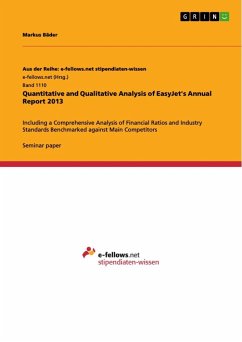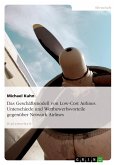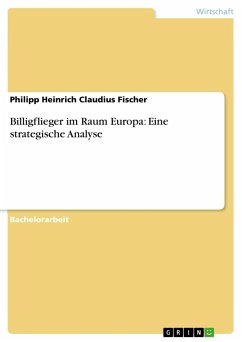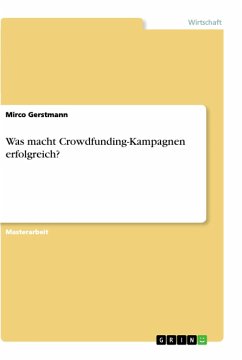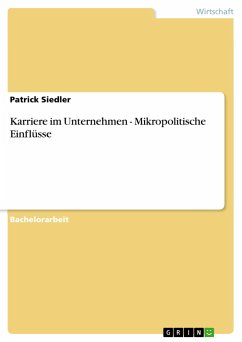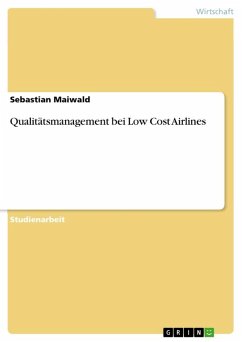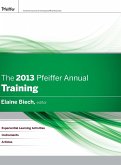Seminar paper from the year 2015 in the subject Business economics - Accounting and Taxes, grade: 1,0, University of Newcastle, language: English, abstract: Luton-based EasyJet is UK's largest low-cost airline, employing 8,945 people and carrying 61m passengers annually. EasyJet follows Porter's low-cost strategy, effectively distinguishing itself from other LCCs by competing against established flag-carriers at primary European airports. The company streamlines its operations to cost-reduction, facilitated by a strong capital structure. Europe's airline industry has experienced a structural change since the recession in 2009, with major legacy-carrier continuously reducing their short-haul-capacity. Simultaneously, a KPMG study revealed that the cost gap between traditional and budget airlines has recently shrunk by 30%. EasyJet's business model distinctly differs from LCC-pioneer Ryanair as the Irish have strategically built a route network focused on serving secondary airports and thereby managed to keep the cost per seat 50% below EasyJet. However the Britons cost-control strategy resulted in a 48% favourable cost base compared to competing legacycarrier such as IAG.
Hinweis: Dieser Artikel kann nur an eine deutsche Lieferadresse ausgeliefert werden.
Hinweis: Dieser Artikel kann nur an eine deutsche Lieferadresse ausgeliefert werden.

